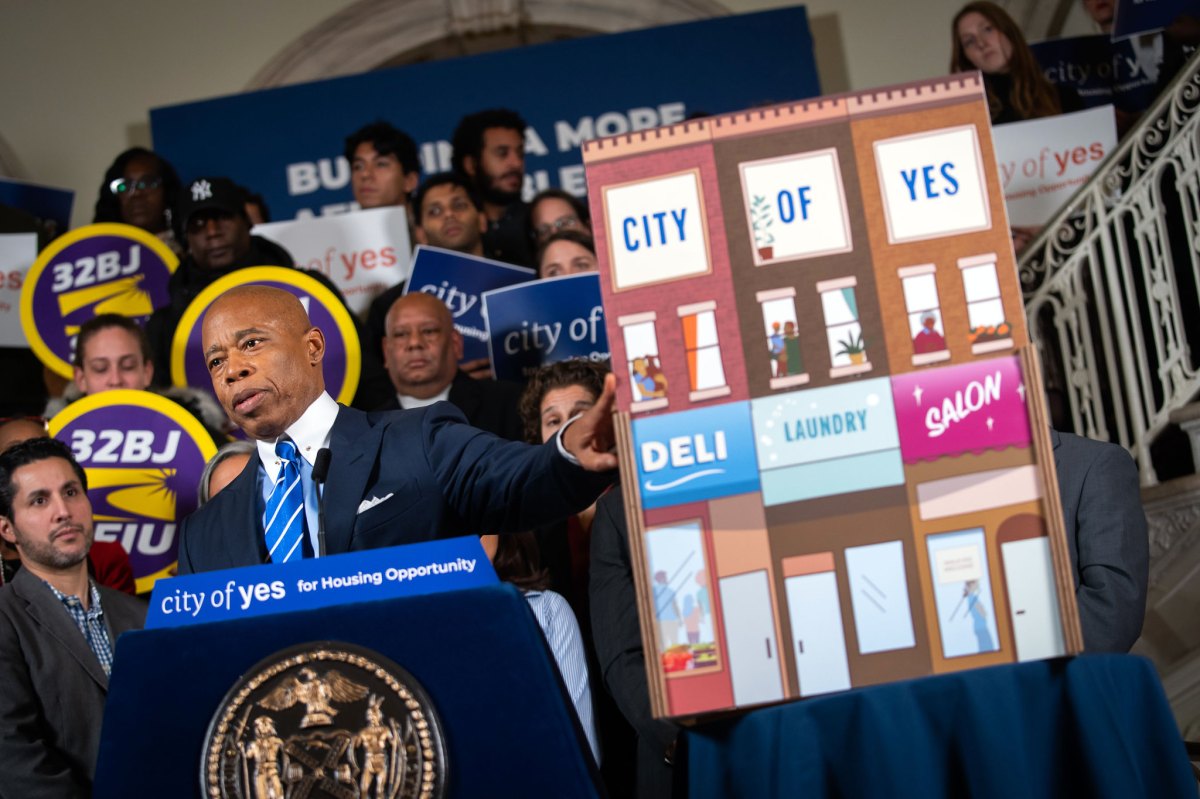I’m selling my apartment myself. How do I figure out whether a buyer will be able to get a mortgage? How much can I count on a pre-qualification?
A pre-qualification letter is a useful (but not foolproof) tool — and there are steps you can take to boost your confidence about a buyer’s ability to get financing, our experts say.
“There is a due diligence and underwriting process that goes into a pre-qualification letter,” says mortgage banker Robbie Gendels of National Cooperative Bank. “The borrower does complete an application, the bank runs a credit report and if any questions arise, the lender contacts the borrower to go over the application. If it is a strong candidate, the seller can be comfortable with the pre-qualification letter.”
Not everyone agrees, however.
“A pre-qual is achieved by punching in your info on a web site or a loan officer taking a top-level view of your finances and telling you how much you can spend,” says Jonathan Miller, president of appraisal firm Miller Samuel. “In today’s tight credit environment, it carries very little weight when negotiating with the seller.”
To increase the odds that a pre-qualification letter means what it says, make sure it states that the lender has checked the buyer’s credit and income, “otherwise it is based only on verbal representations of the purchaser,” says Roberta Axelrod, a real estate broker and asset manager at Time Equities.
Also, “lenders approve both the purchaser and the property,” she adds, so be sure to check that the bank actually issues loans for your type of home. Some lenders won’t hand over the cash unless the building is Fannie Mae-approved or has a certain percentage of units sold; others won’t lend in walk-ups or on deals where the down payment is a gift, Axelrod notes.
When drawing up the contract, check that any mortgage contingency — which lets both sides get out of the deal if financing doesn’t come through — requires the buyer to go back to the lender that initially gave him or her the pre-qualification, rather than starting the process from scratch with a new institution, Axelrod says.
Alternatively, look for buyers with pre-approvals, rather than pre-qualifications, “because the lender is actually reviewing all [of the buyer’s] financial statements as if [the buyer] already had a signed contract,” says Miller.
True, it is more work for the buyer. A pre-qualification only requires filling out an application, whereas a pre-approval relies on actual documentation, like pay stubs, Gendels notes, adding that NCB only does pre-qualifications, though all banks are different.
Bottom line?
“In this inventory-starved, highly competitive era, cash carries a lot more [weight] than someone requiring a mortgage,” Miller says. “However, the pre-approval of a buyer carries a lot more weight to the seller than a pre-qualification.”




































